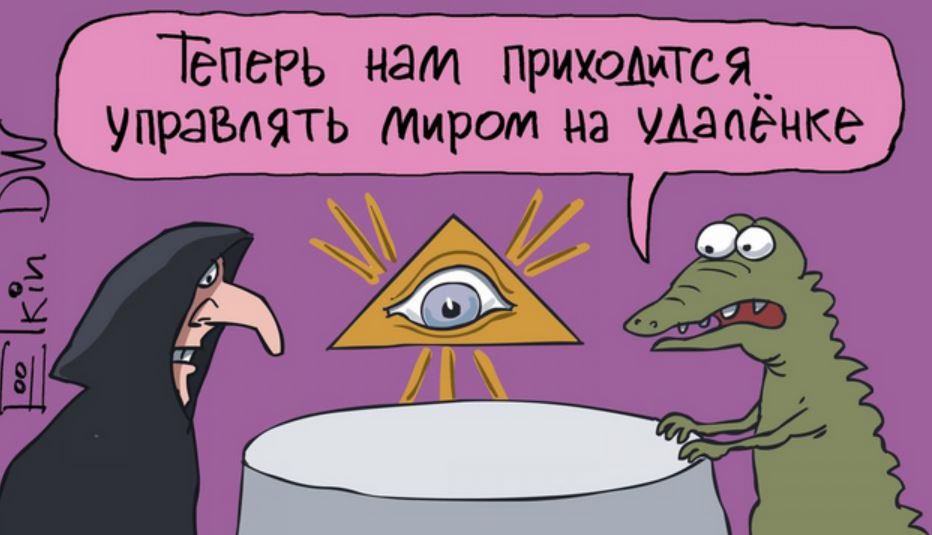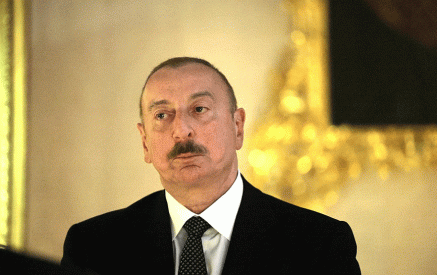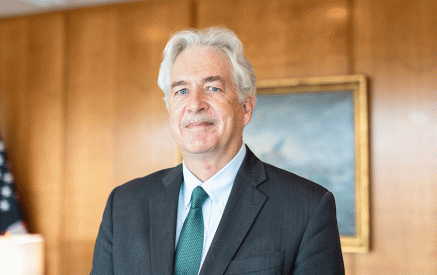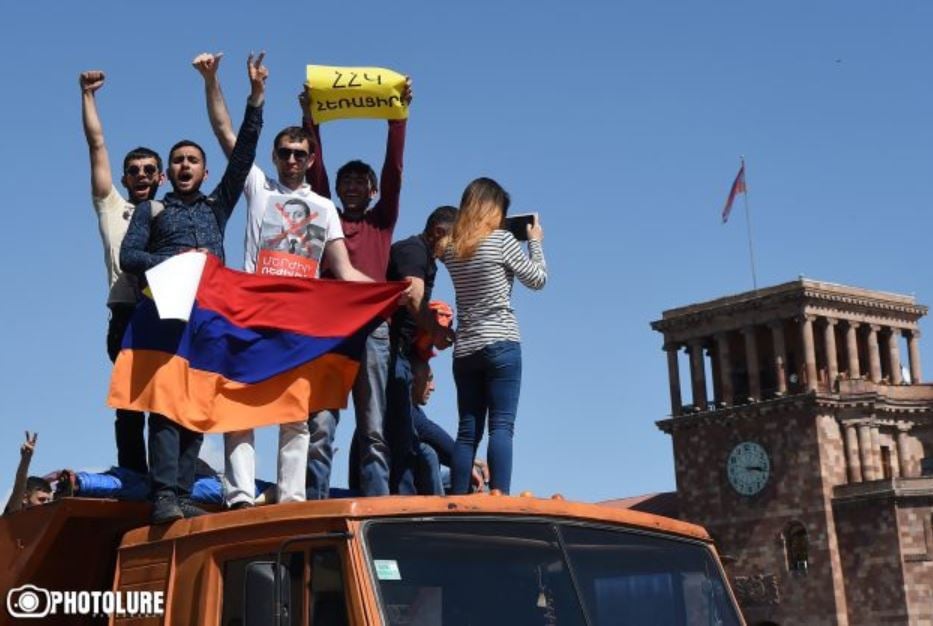Why do people around the world tend to believe in conspiracies and “geopolitical games” more than the patterns of international relations? The answer may seem unexpected. Because patterns are more complex, more knowledge and effort are needed to understand them than in the case of conspiracies.
Why did the Soviet Union collapse? Because Gorbachev was “taking money from the US Central Intelligence Agency (CIA).” Why did Kerensky and, after that, the Bolsheviks come to power in 1917 because “this is what is written in the records of the Zionist sages?” Why did a revolution take place in Armenia in 2018? Because “Soros, the West, the same Zionists, and Freemasons wanted Artsakh to be handed over to Azerbaijan.” As soon as similar explanations are given, there is no need to think about anything or discuss anything; everything is self-explanatory. This is why most people love conspiracy theories; they provide mental comfort for people not used to working with their brains.
In precisely the same way, most Armenians are satisfied with the theory about the “Turkish-Russian tandem.” Obviously, these two countries’ interests coincide in many issues at the moment. Turkey and Azerbaijan want Armenian statehood to cease to exist in this region. Russia, in principle, would like that statehood to exist under its “protectorate.” But, considering the deplorable state of that country due to the war unleashed against Ukraine, Russia is ready to give in to the Turkish plan.
Conspiracy talks about “Tandem” are beneficial to the current government, which does nothing to protect our sovereignty and has already allowed Azerbaijan to install more than a dozen military bases on the sovereign territory of our country. Pashinyan’s “pro-Western” supporters only talk about sovereignty, but they do it not for sovereignty but to protect the current prime minister.
Read also
The solution, of course, is to show military resistance to further encroachments of Azerbaijan on the RA territory (which, by the way, is required by the RA Constitution), as well as clever diplomatic work with Russia, Iran, and the West. I am afraid both the first and the second are beyond the power of our authorities.
Aram ABRAHAMYAN























































